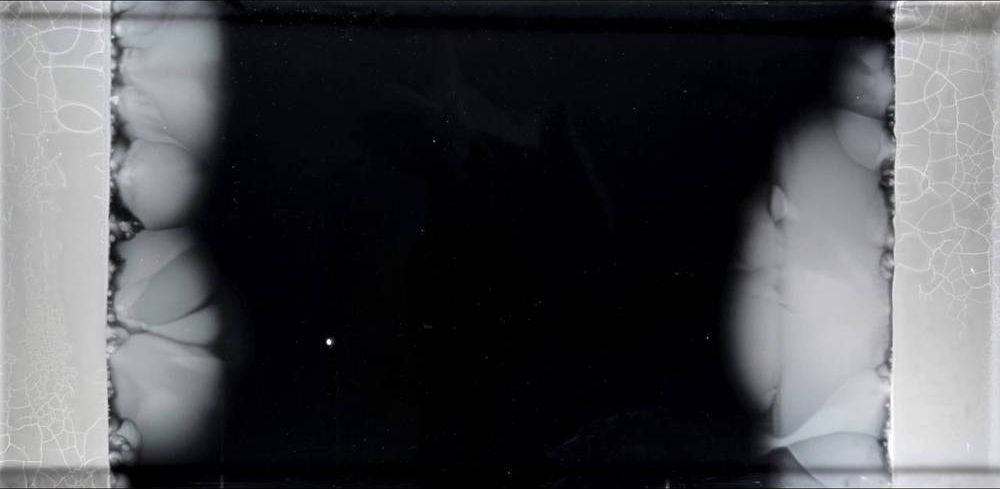Even since Alexander Fleming stumbled across penicillin—the first antibiotic drug—scientists knew our fight with evolution was on.
Most antibiotics work by blocking biological processes that allow bacteria to thrive and multiply. With prolonged, low-dosage use, however, antibiotics become a source of pressure that forces bacteria to evolve—and because these microorganisms are extremely adept at swapping and sharing bits of their DNA, when one member becomes resistant, so does most of its population.
Even more terrifying is this: because the same family of antibiotics generally act on the same biological pathways, when bacteria generate a mutation that resists one type of drug, it often renders that entire family of drugs useless.
